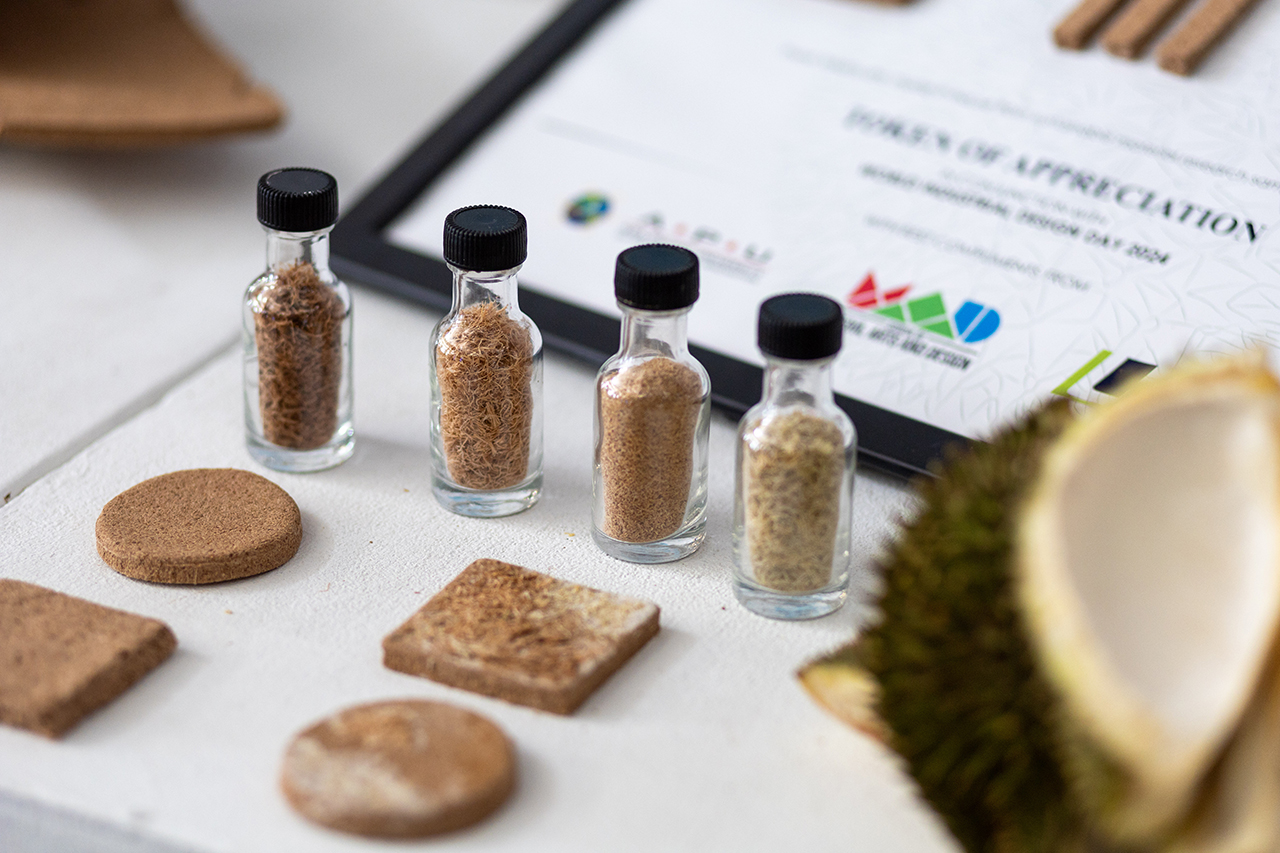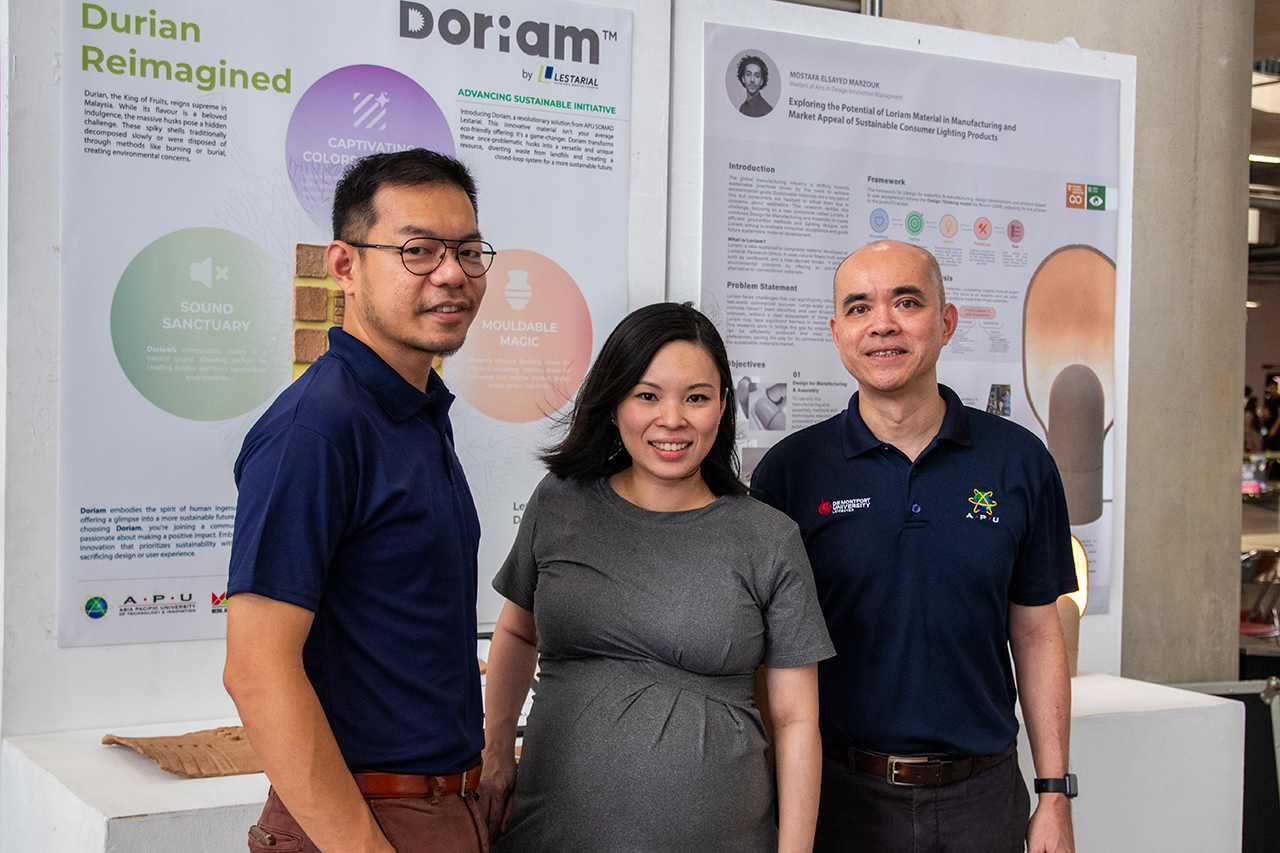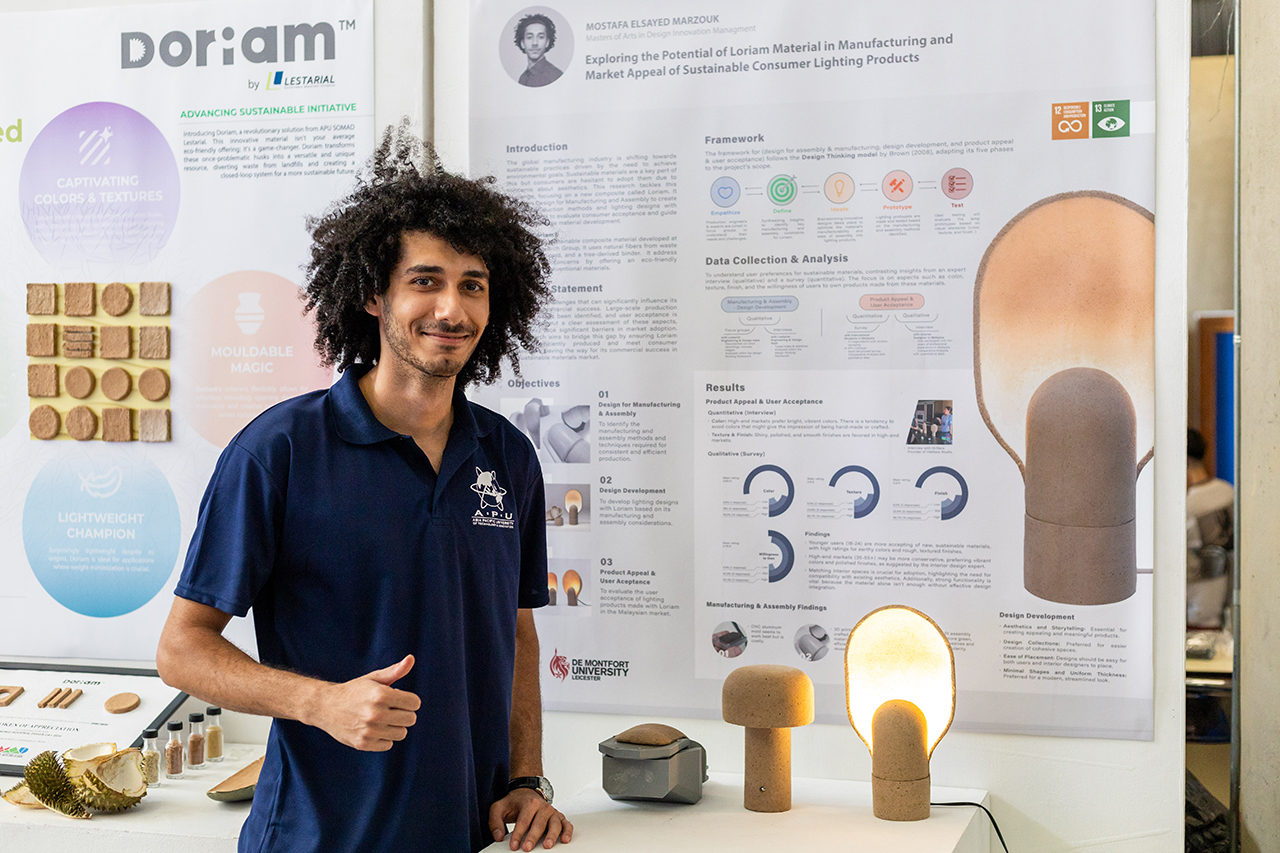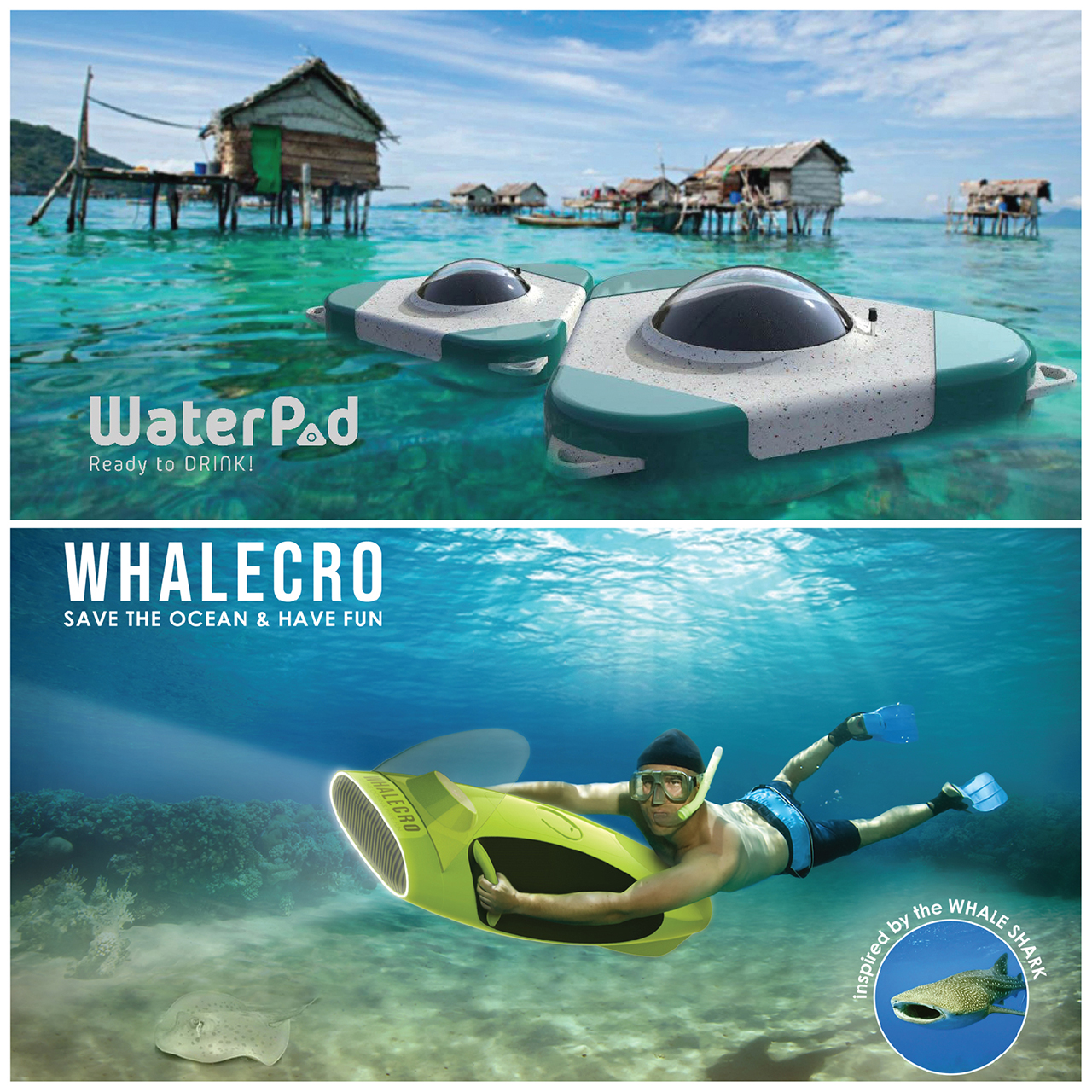
In a world increasingly concerned with environmental sustainability, the role of industrial designers has never been more crucial.
They must consider the full lifecycle of their products, ensuring minimal impact on our planet. This is where circular product design comes in. It involves creating products that support a zero-waste circular economy.
Importance of circular design
The United Nations Industrial Development Organisation (UNIDO) emphasises that industrial design is pivotal for achieving the 2030 Agenda for Sustainable Development, particularly Goal 9, which focuses on infrastructure, innovation and sustainable industrialisation. As businesses prioritise environmental, social and governance (ESG) responsibilities, value-led sustainable approaches are becoming the norm, where companies create value for the business, society and the planet.
Commitment to circular design
At the Asia Pacific University of Technology & Innovation (APU)’s School of Media, Arts and Design (SoMAD), circular product design is a cornerstone of the Bachelor of Arts (Honours) in Industrial Design programme.
APU leads the way among universities in the country by integrating circular product design into its curriculum, teaching students to create products that are durable, repairable, upgradeable, reusable and recyclable, all of which comply with ESG standards.
While traditional recycling often results in downcycling (producing lower-quality products), the circular design emphasises upcycling, which retains or enhances the quality of materials.
Expert guidance and innovation
SoMAD lecturer and Certified Industrial Designer (CIDe) Eekang Ooi explains that circular product design aims to eliminate waste by creating a closed-loop system where materials are perpetually reused or recycled.
“At SoMAD, we advance circular product design with our Lestarial Sustainable Material Lab, a hub of innovation where researchers develop materials that align with circular design principles,” said Ooi.
The Lestarial Sustainable Material Lab is a testament to APU's dedication to sustainability, producing groundbreaking materials like Loriam and Doriam.
Loriam, a bio-composite made from cardboard waste, is nearing commercial release, while Doriam, crafted from durian husks, was recently showcased at the World Industrial Design Day 2024, drawing interest from industry partners.
Advantages of circular product design materials
Circular product design materials offer key benefits:
> Easy to mould: these materials can be shaped with minimal energy and water use, reducing waste and carbon footprint during production.
> Closed-loop cycle: they can be reintegrated into the manufacturing process, keeping resources in use longer and minimising waste.
> End-of-life solutions: APU students develop innovative take-back systems to disassemble returned products, recover materials and create new products.

Nurturing future leaders

The Lestarial Sustainable Material Lab was founded by dedicated SoMAD faculty members Eekang Ooi, Liew Yong Kian and Christine Lim Pei Shin. Along with students from SoMAD and the School of Engineering (SoE), they form the Lestarial Research Team.
Liew, currently pursuing a PhD with a dissertation titled Sustainable materials - driven design framework in Malaysia product design industry towards a circular economy, emphasises the integration of circular product design into the curriculum, equipping students with knowledge of sustainable materials, life cycle analysis, and closed-loop manufacturing.
“Through hands-on projects, they [the students] tackle real-world design challenges with a focus on reuse, refurbishment, remanufacturing and recycling.
“Furthermore, with our industry-veteran faculty, the students receive expert guidance, fostering critical thinking and problem-solving skills,” Liew added.
Making an impact

APU Industrial Design graduates specialise in sustainable design, contributing to the green economy by designing products for circular ecosystems.
They focus on material selection, disassembly and end-of-life options to minimise waste, acting as sustainability ambassadors and educating stakeholders on responsible consumption.
Lim highlighted the collaboration with sustainability-focused companies that providing students with exposure to cutting-edge practices through guest lectures, workshops and internships.
This real-world experience prepares them for careers in sustainability product design consulting, product design management and entrepreneurship.
Track records of sustainable inventions

According to SoMAD head Debbie Liew Pooi Kuan, APU students have a history of sustainable innovations, such as Kuno, a sustainable cooler fridge requiring no electricity; WaterPod, a seawater desalination pod for sea nomads; and Whalecro, an underwater vehicle with a micro-debris filtering system.
By addressing Scope 3 emissions and collaborating across the supply chain, APU graduates help organisations achieve ESG compliance and drive a greener future.
APU, a member of the World Design Organization (WDO), offers a dual degree programme with De Montfort University (DMU), UK, enhancing graduates' qualifications.
You can also read this article here.
News & Happening
Download e-Brochures
Intake Calendar
Want to know more ?
Let’s Connect